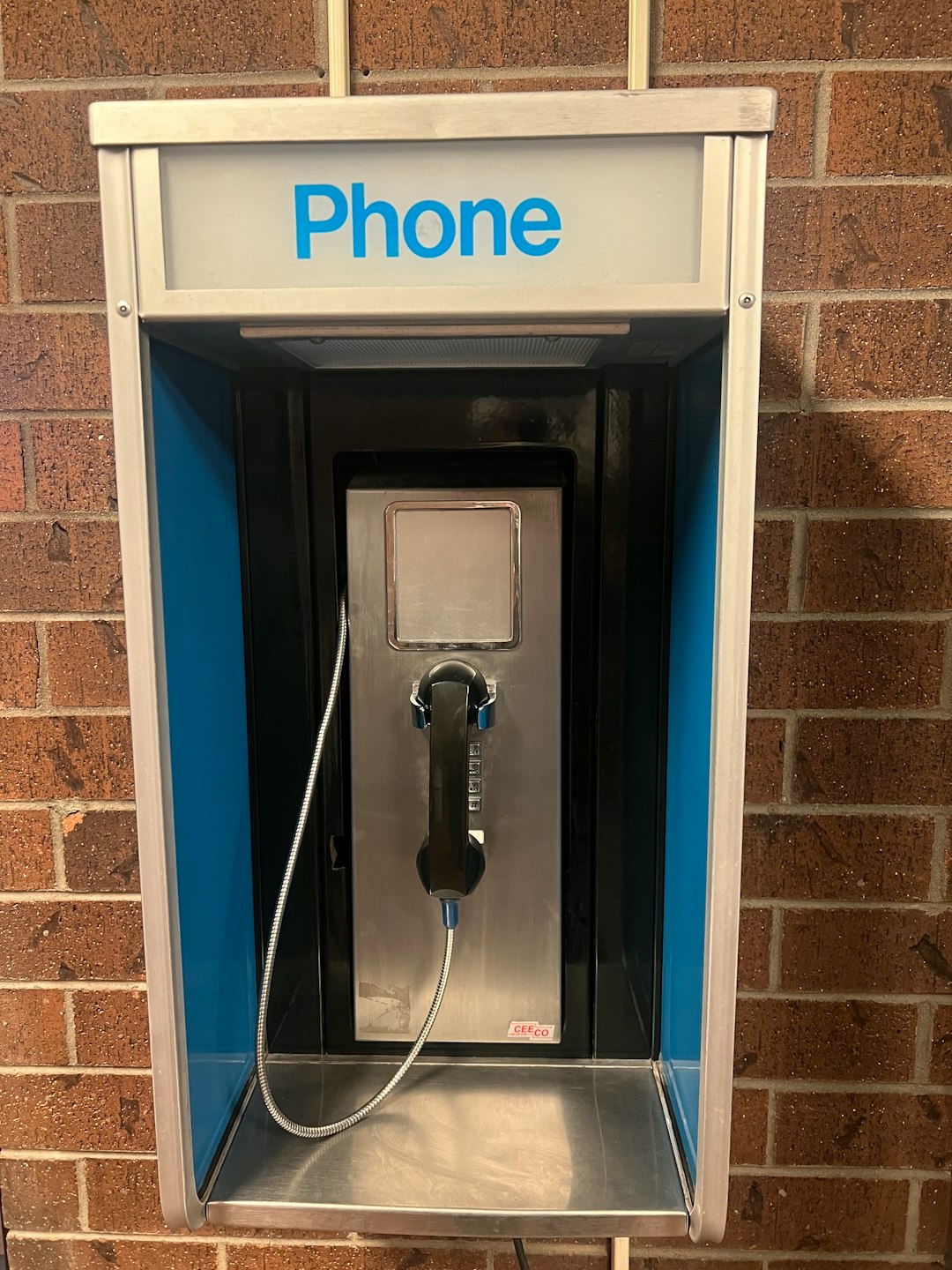In Kansas, both debtors and debt collectors must adhere to strict state laws, such as the Kansas Debt Collection Act (KDCA), designed to protect consumers from unfair practices. Debt collector lawyers in Kansas are crucial for navigating these regulations, ensuring oral agreements over $500 are validly documented, and preventing disputes. These professionals guide clients through complex scenarios involving verbal promises, emphasizing documentation and legal representation for fair debt resolution. Understanding KDCA and federal laws like the FDCPA is vital for all parties involved, promoting transparency and equity in debt collection processes.
Navigating Kansas debt collection laws, especially around oral agreements, can be a complex landscape for both debtors and collectors. This article breaks down the key aspects, including an overview of Kansas’ regulatory framework, the validity and potential challenges of oral agreements, and the rights and obligations of all involved parties. Understanding these dynamics is crucial, particularly when seeking resolution through debt collector lawyers in Kansas. By exploring these topics, individuals can make informed decisions and protect their interests.
Understanding Kansas Debt Collection Laws

In Kansas, understanding the state’s debt collection laws is crucial for both debtors and debt collectors alike. The rules are designed to protect consumers while ensuring fair practices by debt recovery professionals. When it comes to oral agreements, Kansas law requires written confirmation for any debt above $500. This means that if you owe money, a simple verbal promise to pay may not be enforceable without a subsequent written contract. Such documentation provides clear terms and conditions, protecting both parties from potential disputes in the future.
Hiring debt collector lawyers in Kansas can offer guidance through these intricate regulations. These legal professionals are well-versed in the state’s statutes and can assist in navigating the process, ensuring compliance to avoid any illegal collection practices. They can also help debtors understand their rights and take appropriate action if they feel they’ve been treated unfairly during the debt collection process.
– Overview of Kansas collection laws and regulations

In Kansas, debt collectors must adhere to strict laws and regulations that govern their practices. These rules are designed to protect consumers from aggressive or unfair collection tactics. The Kansas Debt Collection Act outlines specific guidelines for debt collectors, including restrictions on when and how they can contact debtors. They are also prohibited from using abusive language, making false statements, or employing misleading tactics to extract payments.
Debt collector lawyers in Kansas play a crucial role in ensuring these laws are enforced. They assist consumers by reviewing oral agreements and contracts to verify their validity and fairness. If a debt collector violates any of these regulations, consumers have the right to take legal action. Understanding these laws is essential for both debtors and debt collectors alike, as it fosters a transparent and equitable collection process.
– Relevant statutes and their implications

In Kansas, debt collection laws are governed by a blend of state and federal regulations. The key statutes to understand include the Kansas Debt Collection Act (KDCA) and the Fair Debt Collection Practices Act (FDCPA), both of which have significant implications for oral agreements made between debtors and debt collectors. The KDCA outlines the rights and responsibilities of both parties, ensuring fair practices in debt collection while providing debtors with protections against abusive or harassing tactics. On the federal level, the FDCPA sets national standards for debt collection, mandating that debt collectors treat consumers fairly, truthfully, and respectfully during interactions regarding delinquent debts.
When it comes to oral agreements, these laws become even more crucial. Kansas debt collector lawyers often navigate complex scenarios where verbal promises or understandings form the basis of a perceived debt obligation. The KDCA and FDCPA require clear documentation and validation of debts for collection activities, especially when dealing with oral agreements. This ensures that both parties have recourse and protection, preventing potential disputes and facilitating a transparent debt resolution process.
Oral Agreements in Kansas

In Kansas, the validity and enforceability of oral agreements related to debt collection are governed by state laws. While written contracts are generally preferred and often required for significant financial transactions, oral agreements can be legally binding under certain circumstances. Debt collector lawyers in Kansas emphasize that for an oral agreement to be enforceable, it must meet the criteria set forth by Kansas law. This includes clear and specific terms that demonstrate mutual understanding and intent to create legal obligations.
Debt collection practices in Kansas are regulated to protect consumers from unfair or abusive tactics. Oral agreements must comply with these regulations, ensuring transparency and fairness throughout the process. Debt collector lawyers in Kansas advise clients on navigating oral debt settlements, ensuring that all parties involved are protected by law. This involves careful documentation and subsequent proof of the agreement’s terms to prevent disputes and ensure its enforceability.






